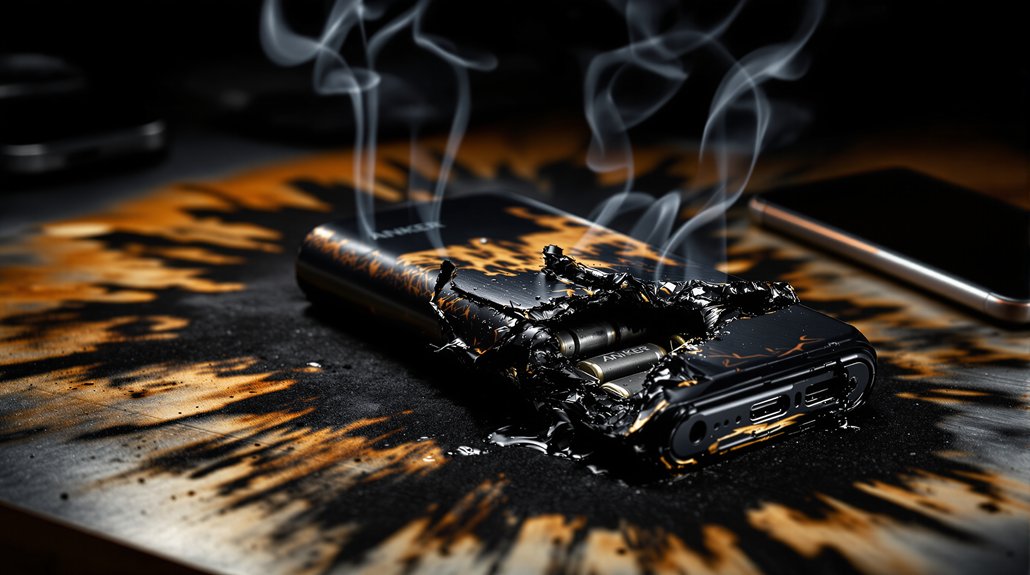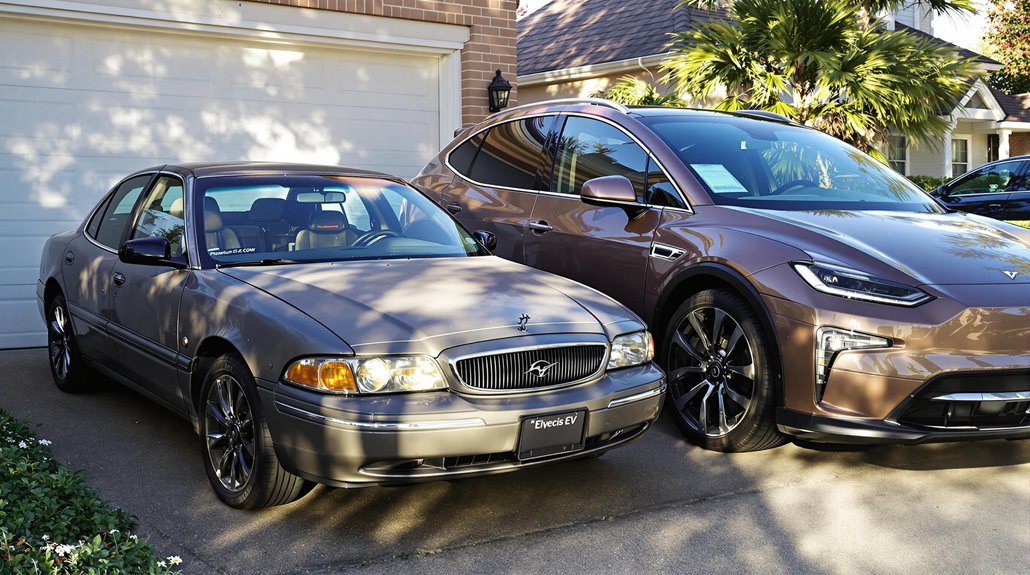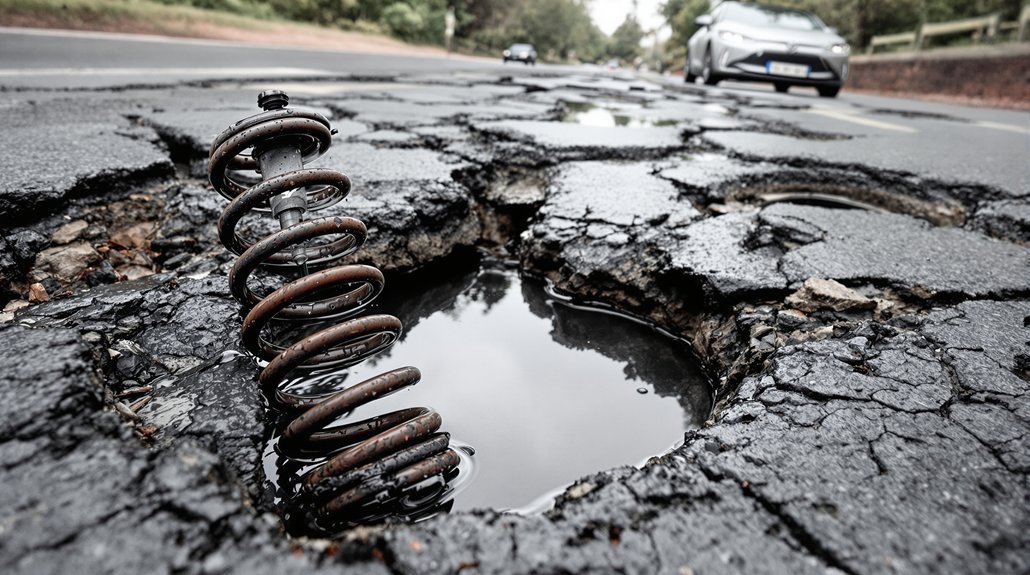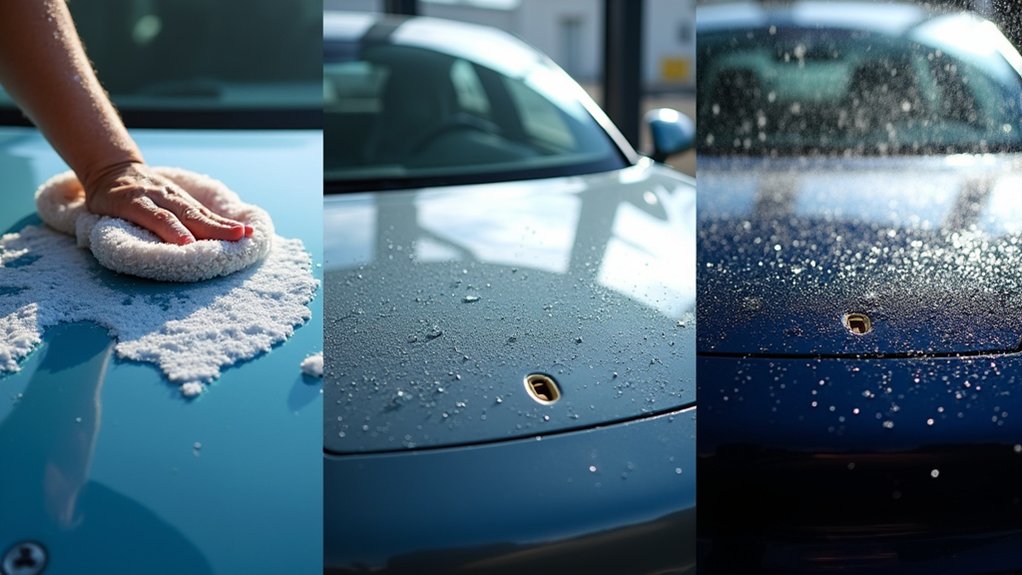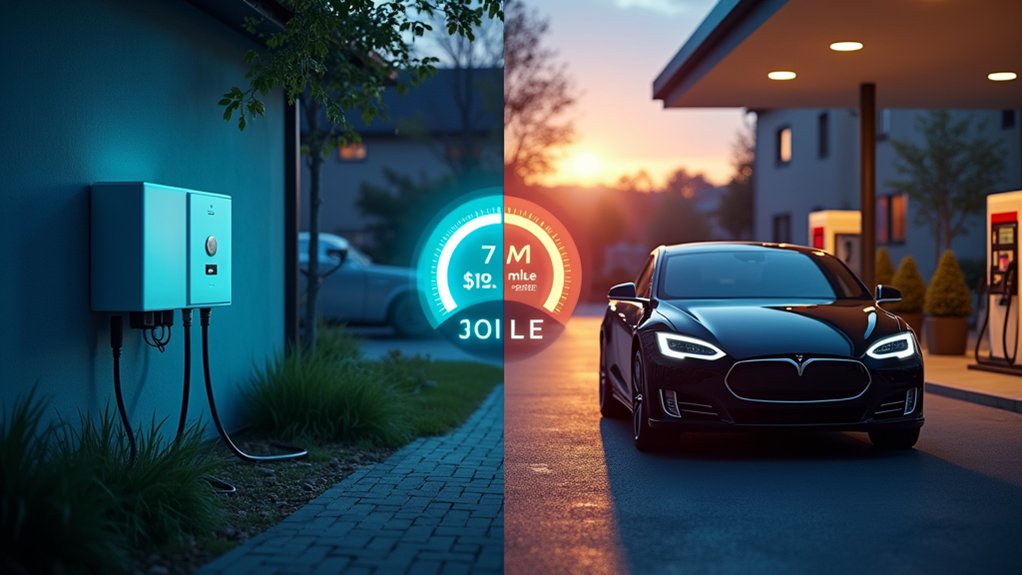Millions of Anker power banks are being pulled from the market worldwide due to serious fire and explosion risks. The extensive recall encompasses approximately 520,000 mobile batteries and speakers in Japan, announced October 21, 2025, alongside over 1.15 million PowerCore 10000 (Model A1263) units and about 481,000 additional power banks across five different models in the United States.
The lithium-ion cells in these devices have exhibited alarming failure rates. In the U.S. market alone, 33 fire and explosion incidents have been reported across models A1647, A1652, A1257, A1681, and A1689, resulting in four minor burn injuries and one case of substantial property damage. The PowerCore 10000 model has been implicated in 19 separate incidents, including two minor burns and property damage exceeding $60,700 across 11 cases.
Japan’s Ministry of Economy, Trade and Industry has identified the root cause as foreign contaminants entering the battery cells during manufacturing at a subcontracted facility. The affected units, sold between December 2022 and October 2025, pose an ongoing hazard despite distribution having ceased. The 13 fires linked to power banks reported in 2024 represent a six-year high in fire incidents.
Foreign contaminants infiltrated battery cells during subcontracted manufacturing, creating persistent hazards in units distributed between 2022-2025.
Consumers can identify affected products by checking model numbers engraved on the back or side of units. The PowerCore 10000 requires serial number verification through Anker’s dedicated recall website. These compact power delivery systems, originally marketed for charging smartphones, tablets, and even laptops, output between 7.5W and 30W depending on specific model. The company has implemented enhanced protocols to detect manufacturing issues earlier in the production process.
I’ve examined the recall protocol, which requires immediate cessation of use. Owners must visit Anker’s recall portal to verify eligibility and submit photographic evidence of their unit, marked “recalled,” to receive either a full cash refund, gift card, or replacement unit.
The multinational recall operation represents an unprecedented coordination between Anker and regulatory agencies including the CPSC in America and METI in Japan. The latter has demanded thorough inspection of all Anker lithium-ion products and detailed reports on manufacturing protocols.
Such scrutiny, while necessary, underscores the gravity of thermal runaway risks in portable energy storage solutions.
